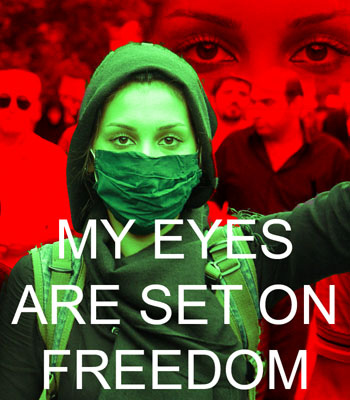Doha: UN anti-crime meeting highlights measures to curb illicit trade in cultural property
Source:UN News.

Cultural heritage at the site of Palmyra, Syria. Photo: UNESCO/F. Bandarin“We are pushing and we are encouraging all Member States to implement the existing Conventions and guidelines that are available. I think there are enough legal instruments to be able to counter illicit trafficking of cultural heritage,” said Anna Paolini the UN Educational, Scientific and Cultural Organization (UNESCO) for the countries of the Gulf region and Yemen.
16 April 2015 – Weighing in on the vital importance of the world’s cultural artifacts and the illegal trade that endangers them, experts at an event held at the United Nations Crime Congress, under way in Doha, Qatar, urged Member States to use the existing legal instruments to fight this crime and stressed the importance of raising awareness.
“We encourage Member States to establish a national registry and inventory of cultural heritage because this is a very important tool for risk management and prevention, as well as to introduce risk-management planning and to align and enforce local legislation,” she added.
The workshop, a highlight of today’s work at the 13th UN Congress on Crime Prevention and Criminal Justice, was organized by the National Institute of Justice of the United States, the Korean Institute of Criminology, the International Scientific and Professional Advisory Council and the UN Office on Drugs and Crime (UNODC).
In a separate interview with UN Radio, Duncan Chappell, Professor of Law at the University of Sydney said the current turmoil in the Middle East, “the cradle of civilization,” spotlighted the need to address this issue head on.
According to UNESCO, pillage of cultural heritage and antiquities in both Iraq and Syria has reached an unprecedented scale, fueling the respective conflicts by providing revenues for armed groups and terrorists.
Just two months ago, the UN Security Council adopted a resolution urging global cooperation “to impair, isolate and incapacitate” terrorist threats, approving measures targeting sources of funding for the Islamic State of Iraq and the Levant (ISIL) and Al-Nusrah Front (ANF), and condemning those buying oil from the groups, banning all trade in looted antiquities from Iraq and Syria, and calling on States to end ransom payments.
The resolution called on both UNESCO and Interpol to help step up protection of cultural heritage in Syria and Iraq, and subsequently, last month, UNESCO Director-General, Irina Bokova, launched in Baghdad a social media campaign – #Unite4Heritage, to raise awareness and to build support for the protection of heritage where it is threatened by extreme violence.
While, participants at today’s event underscored the difficulties in quantifying the phenomenon, the illegal trade in cultural property is thought to be worth between $2 billion and $6 billion per year.
“Objects that are dug up illegally, generally, nobody is going to report that. And it is only when [those objects] appear on the open market that we know they have been stolen,” Mr. Chappell said, explaining why the job of identifying and tracking what has been stolen, destroyed or smuggled.
“[Further], Interpol, which has some pretty good databases, doesn’t necessarily get any information about this sort of illicit excavations either. And the third reason is that there are no good inventories in many of the countries where these objects are taken,” he said.
Mariya Polner, policy advisor at the World Customs Organization, said the job of customs agencies could be compared to “looking for a needle in a haystack”.
“The chain is as strong as its weakest link…with common effort and goodwill, we can work together to preserve the cultural heritage for the future generations,” she said.
To reduce the demand of cultural heritage, Ms. Paolini said that raising awareness, and strengthening education and advocacy at global and local levels are important “to provide a counter narrative to sectarian propaganda in this region.”
“Rather than rely on a great deal of criminal law which generally has been the response to punish through the use of severe penalties people who are engaged in this sort of activities, we should be doing more to stop the demand for this type of crime,” suggested Mr. Chappell.
“It can only really operate with people who are prepared to buy these looted objects. People turn a blind eye to the provenance of [these artifacts] in many cases and are quite prepared to buy them if they have got enough money and interest. That sort of attitude should change,” he concluded.
Copyright mediaforfreedom.com


